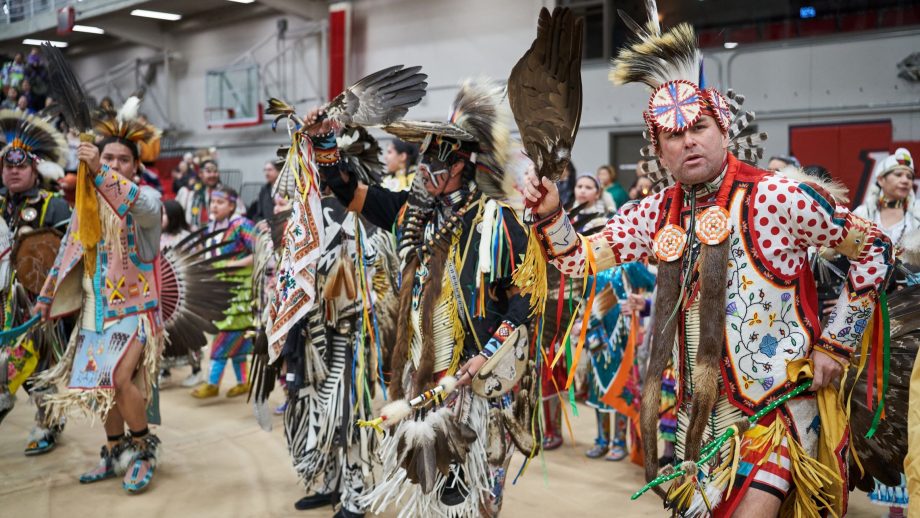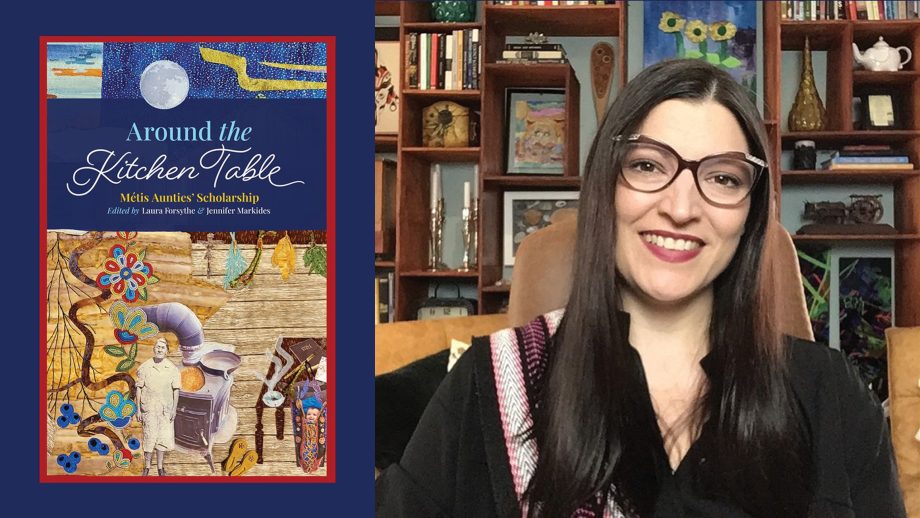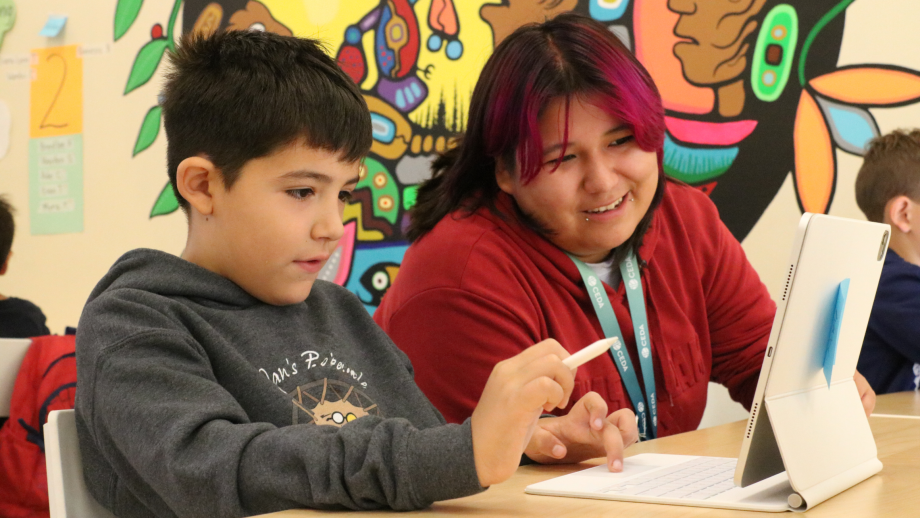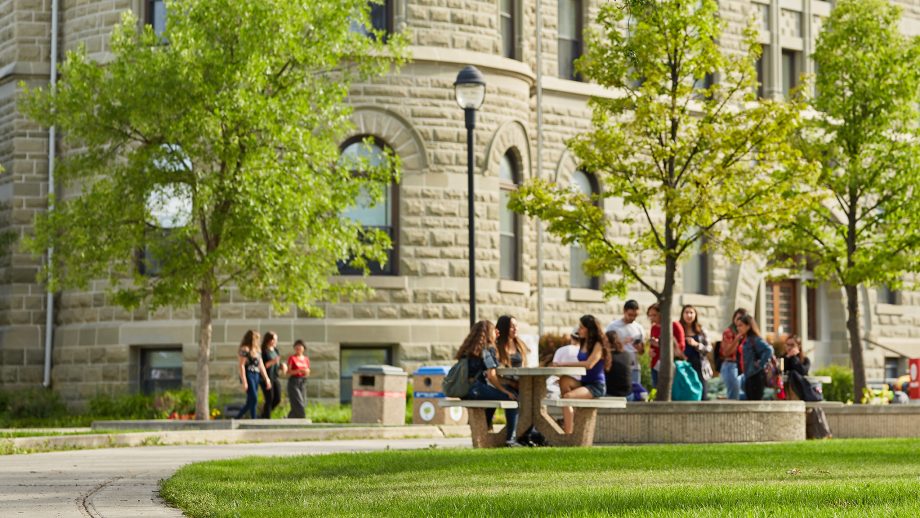WINNIPEG, MB – The University of Winnipeg supports the call of the National Panel on First Nation Elementary and Secondary Education for sustainable, equitable funding for First Nation schools. The independent panel began its work in June of 2011, and submitted its final report this week to the Assembly of First Nations and the Federal Minister of Aboriginal Affairs and Northern Development.
In October, 2011 the National Panel visited The University of Winnipeg to learn more about the University’s approach to breaking down educational barriers for First Nations, Metis and Inuit students. The panel also participated in a sharing circle with the University’s ModelSchool students. Many of the students in the Model High School at the University of Winnipeg Collegiate are First Nations, and they shared their successes, challenges, and suggestions on how to improve the K-12 education system.
“The panel’s report reinforces what many First Nations leaders, Elders and community members have been advocating. It provides a comprehensive approach that includes a statutory guarantee of needs based funding, recognition of First Nations education systems and their jurisdiction over education, and recognition that education for First Nations peoples must be based in approaches which respect First Nation’s languages and cultures,” explained UWinnipeg President and Vice-Chancellor Dr. Lloyd Axworthy. “The report also calls for an immediate infusion of funding for First Nation’s schools to provide immediate equity with neighbouring schools in provincial jurisdictions.”
The University of Winnipeg is committed to offering a holistic approach to education for First Nations, Metis and Inuit students. The University recognizes it is situated on Treaty One land and in the heart of the Métis Nation, and that one of its primary roles is to continue to break down the barriers to post-secondary education for First Nations, Metis and Inuit peoples. After examining the financial, social, academic and other systemic barriers to access and success, the University initiated a number of programs and initiatives
The University of Winnipeg’s Board of Regents recently approved the creation of an Indigenous Advisory Circle to ensure the inclusion of Indigenous Peoples’ perspectives in the governance of The University of Winnipeg. The Circle is chaired by Dr. Phil Fontaine, former National Chief of the Assembly of First Nations.
To address financial barriers, UWinnipeg launched the Opportunity Fund which has provided hundreds of First Nations and Métis students with the funds to cover tuition and text books as well as other costs such as accommodation. The University has reached out to more than 150 First Nations and Métis children and youth from grade 4 to grade 12, offering them tuition credits so they can ‘earn’ as they stay in school and learn.
The University’s Aboriginal Student Services Centre creates a sense of community for students, providing a sense of belonging and a place to gather with access to Elders, computers, individualized help with admission and registration, academic advising and free tutoring, and a Transition Year Program.
Affordable housing and child care are two additional barriers that Indigenous students identified and so UWinnipeg constructed 25 townhouse units in the new McFeetors Hall: Great-West Life Student Residence to enable low-income parents with children to find affordable housing and child care in the nearby new UWSA Day Care, so that they can return to school.
The University has also responded to needs identified by Indigenous communities and created a new Master’s In Development Practice (MDP) degree with a focus on Indigenous Development, as well as other relevant programs such as the Urban and Inner-City Studies program, and Indigenous Police Preparation Diploma program, and others.
As a result of these and other initiatives, First Nations, Metis and Inuit student applications jumped 24% at UWinnipeg in the 2011/12 a
The University of Winnipeg’s commitment to community goes beyond university programming. Uwinnipeg’s Innovative Learning Centre works with more than 1,000 inner-city students each year through Eco-Kids on Campus and Eco-U Summer Camp programming to build belonging in school, make cultural connections, and close the graduation gap. The University’s Wii Chiiwaakanak Learning Centre is one of Winnipeg’s largest drop-in community centres, providing computer access, educational and cultural programming to inner-city youth, children, and their families.
For more information on Indigenous initiatives at UWinnipeg.
– 30 –




